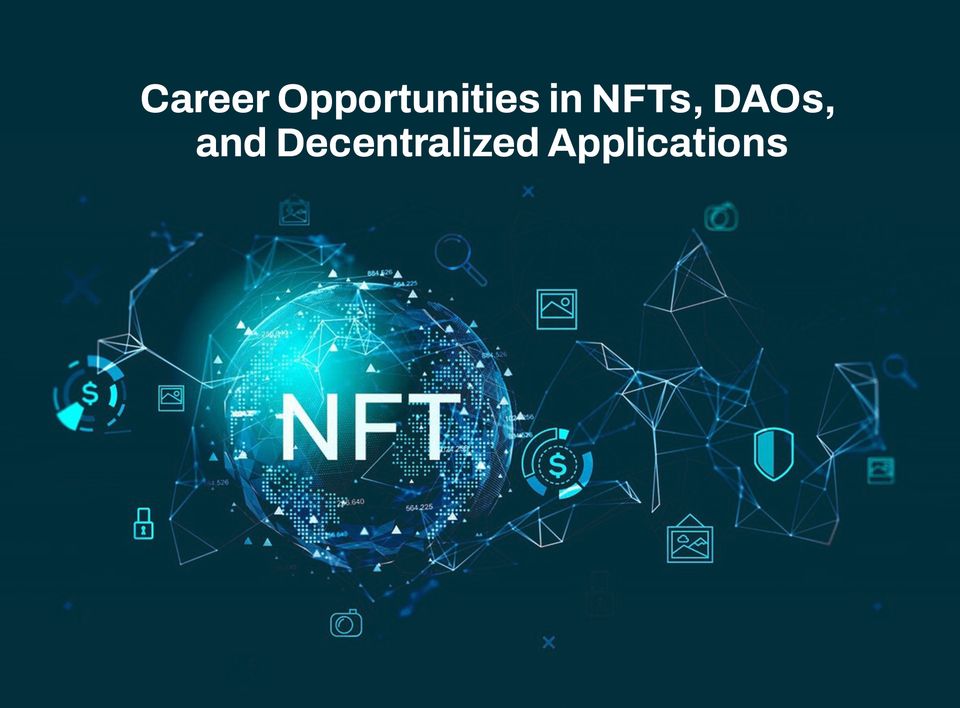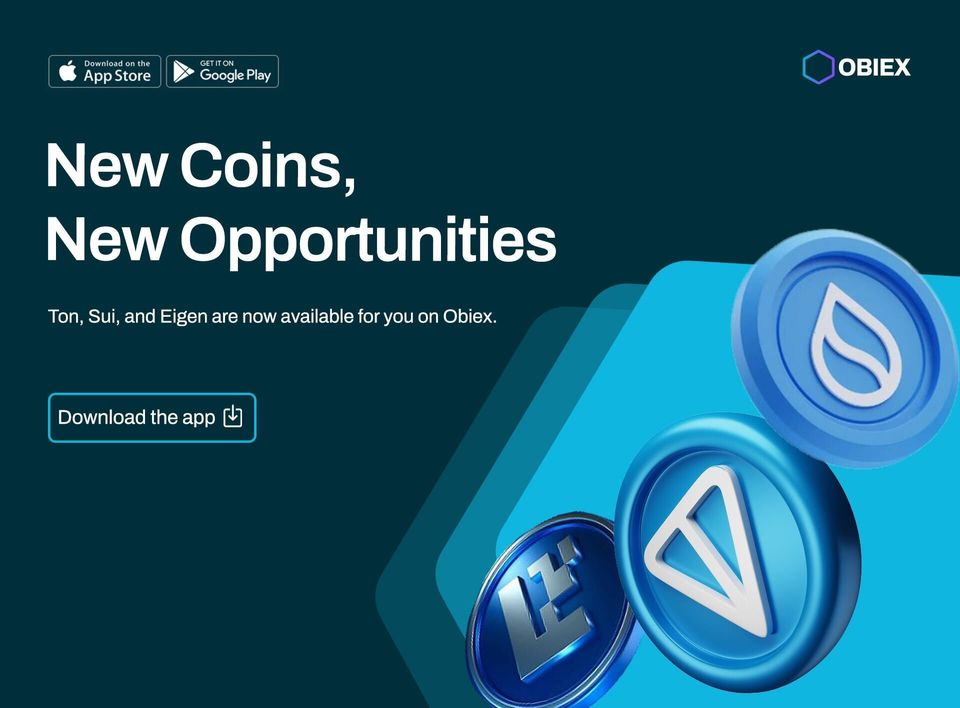Must-Have Soft Skills for Working in Web3
These are core soft skills that will make you a better team player in the Web3 space and generally improve your work ethic.

When Web3 is discussed, it is typically about concepts, products, tech, funding rounds, scandals😏, breakthroughs, criticisms, and praise.
However, little is often said about the people doing the groundwork—the ones doing the coding, marketing, writing, operations, legal work, design, and so on—the people keeping the wheels turning.
We at Obiex recognise this gap and are starting a ‘Working in Web3’ series, beginning with the ‘good old’ writing and publishing blog posts to share resources, insights, guides, interviews, and case studies about working Web3.
As mentioned in the title, this article is about the soft skills you need to work in Web3 as a tech or non-technical person.
Soft skills take you from being a level 1 professional to a 10x professional. I use 10x here to mean “good-to-great at your job.”
You could be a really good developer, but if you don’t know how to collaborate with your team members, you may find it difficult to do useful work or scale up your Web3 career.
You could be a genius at marketing campaigns, social media or technical writing, but without self-management skills, your work will always encounter roadblocks.
Now we have laid the foundation, let’s get to it!
4 Soft Skills for Working in Web3 Roles
Please note that this is not an exhaustive list, but core foundational soft skills that will make you a better team player in the Web3 space and generally improve your work ethic.
1. Researching (or the ability to know how to look for what you need)
Imagine you’re working on a new feature. If a competitor already offers a similar feature, you can find an edge by thoroughly analysing how it functions in their product—what works, what doesn’t, and where there are gaps.
This research is key to distinguishing your product from the rest, and mastering it takes consistent practice.
To help you sharpen your research skills, here are some tips:
- Break down the subject of your research into smaller, digestible pieces
- Explore where real users are active, such as Reddit and social media
- Investigate areas others might overlook
- Consider the opposite approach of what you’re aiming for
- Draw parallels from other industries and fields
- Keep detailed notes of all your findings
"As someone who works in crypto/web3, I have to take Crypto courses to understand and relate better to the organisation. I have also had to improve my interpersonal and communication skills."
Christiana, People and Culture Manager.
2. Tech Proficiency (or the willingness to learn how new tech works)
Much of Web3 involves developing new technologies, experimenting with existing ones, converting Web2 products into Web3, or integrating Web3 features into Web2 systems.
This means that no matter your job role, technical or non-tech, founder or team member, you need to understand how the tech works.
For example, if you’re in customer service, understanding the tech helps you better assist customers. If you’re in marketing, you need to know what you’re promoting and why it matters.
It may feel intimidating, but I always encourage people to approach tech with curiosity.
Once you’re curious, the drive to learn more will naturally follow.
"Develop the ability to adapt. Having to quickly understand various crypto terminologies and how certain events affect the crypto prices. Learning and having effective communication also make the work easier and tolerable."
Eneh, Social Media Manager.
3. Self-management (or the capacity to handle your work without needing your hand to be held all the time)
Self-management empowers you to make the most of your time and maximise productivity at work.
This skill helps you effectively prioritise tasks, stay focused on your professional development, and make valuable contributions to your organisation.
Practical self-management involves mastering time management, staying organised, and consistently finishing what you start—at least 80% of the time.
It’s also a crucial skill because it reduces the need for micromanagement (which we all hate😶) and builds greater trust in your abilities.
"You don’t need to have a comprehensive knowledge of crypto or Web3 to work in crypto/Web3. What you need is the right soft skills to navigate the space.
The first thing is adaptability. You should have a high capability to learn new things and apply them to your work. This is important because you are going into a new space. And if you can’t adapt to the new information that comes with it, you risk facing professional stagnancy. Your work will always be redundant."
Kasiobi, Content Writer.
4. Basic Data Analysis (or the ability to interpret data and understand/apply the information)
Here’s an example to explain what I mean by data analysis here:
Imagine you launched a blockchain payments app in January 2024. By March, it had 20,000 downloads and an average of 100 weekly users. That’s your data.
The insights come from analysing that data. Where are your users located? What are their habits? Who are they? What problems are they facing, and how can you improve your solution for them?
The above example might seem very niche, but every role you work in has data, numbers, statistics, and the like; you need to know what they mean and how to use them to improve your work.
In any role, whether you’re writing copy, designing, handling compliance, or solving an HR issue, your ability to interpret and apply information is essential to achieving successful outcomes.
How do you use the information at hand to ask the right questions and improve your work?
A key sign of intelligence is the ability to think critically and analyse. And there's no better place to sharpen your analytical skills than the constantly shifting world of Web3, with its complexity and new ideas.
Bonus Tips (because you deserve it for reading this far!🥳) 👍
- Use (as many as possible) Web3 products
Whatever your current or future job role, it would greatly help you to familiarise yourself with Web3 by exploring its wide range of products—whether popular, niche, experimental, or emerging.
These include crypto apps, DeFi platforms, NFT marketplaces, and decentralised social media.
Just as Web2 has interconnected products you use and understand, you should do the same with Web3.
Use them from both a typical user’s perspective and a person working in Web3, map out how these products are linked, and see how they fit into the broader ecosystem.
- Join Web3 communities and build relationships with people working in Web3
From personal experience and observing people who have built careers, I have found that you are (often) at least five referrals away from landing the desired job, connecting with the mentor you need, and building a career in Web3.
But how do you find these people who can refer you or offer guidance?
Two ways:
- Start by joining Web3 communities and honing your networking skills, whether in person or online.
- Learn how to write compelling cold pitches and pay attention to how others interact and communicate.
Basically? Put yourself out there, even if it scares you💪🏾.
"Learn how to manage people. You can only get great work done with people who are cool with you."
Mannie, Senior Marketing Manager.
To Recap - Key Points:
The Importance of Soft Skills: Soft skills are essential for elevating your career from average to competent and competent to exceptional.
Core Soft Skills for Working in Web3:
- Research Skills: Learn to gather and analyse information effectively. Break your research subject into bits to make it easier. Read and note relevant user discussions on platforms like Reddit, Discord and Twitter/X.
- Tech Proficiency: Familiarise yourself with relevant and related technologies in your role—approach learning with curiosity.
- Self-Management: Mastering time management and organisation boosts productivity and fosters independence, building trust within your team, across the company and even into the larger Web3 ecosystem.
- Basic Data Analysis: Develop the ability to interpret data and derive actionable insights. Listen and ask questions often.
Bonus Tips:
- Explore Web3 Products: Use Web3 products, such as crypto apps and DeFi platforms, to help you gain a practical understanding of the ecosystem you are in.
- Build Relationships across Web3 Communities: Actively engage in Web3 communities to find referrals and mentorship opportunities. Improve your networking skills by practising cold pitches and observing people in the space.




